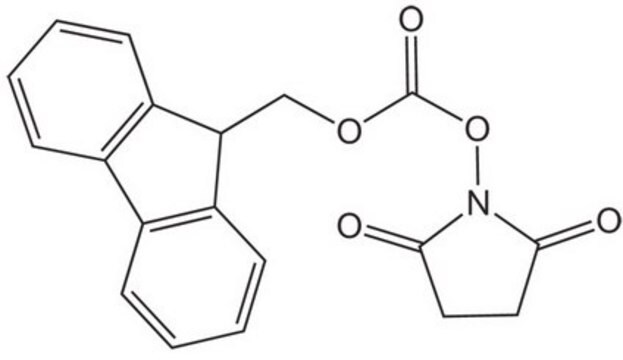A3261
Arg-Arg β-naphthylamide trihydrochloride
≥99% (HPLC), powder
Select a Size
Select a Size
About This Item
Recommended Products
Product Name
Arg-Arg β-naphthylamide trihydrochloride,
assay
≥99% (HPLC)
Quality Level
form
powder
solubility
water: 50 mg/mL, clear, colorless to faintly yellow
storage temp.
−20°C
SMILES string
Cl.Cl.Cl.N[C@@H](CCCNC(N)=N)C(=O)N[C@@H](CCCNC(N)=N)C(=O)Nc1ccc2ccccc2c1
InChI
1S/C22H33N9O2.3ClH/c23-17(7-3-11-28-21(24)25)19(32)31-18(8-4-12-29-22(26)27)20(33)30-16-10-9-14-5-1-2-6-15(14)13-16;;;/h1-2,5-6,9-10,13,17-18H,3-4,7-8,11-12,23H2,(H,30,33)(H,31,32)(H4,24,25,28)(H4,26,27,29);3*1H/t17-,18-;;;/m0.../s1
InChI key
RNVXXFQJTJQVER-NCXIRTITSA-N
Looking for similar products? Visit Product Comparison Guide
General description
Application
Substrates
Choose from one of the most recent versions:
Already Own This Product?
Find documentation for the products that you have recently purchased in the Document Library.
Our team of scientists has experience in all areas of research including Life Science, Material Science, Chemical Synthesis, Chromatography, Analytical and many others.
Contact Technical Service








